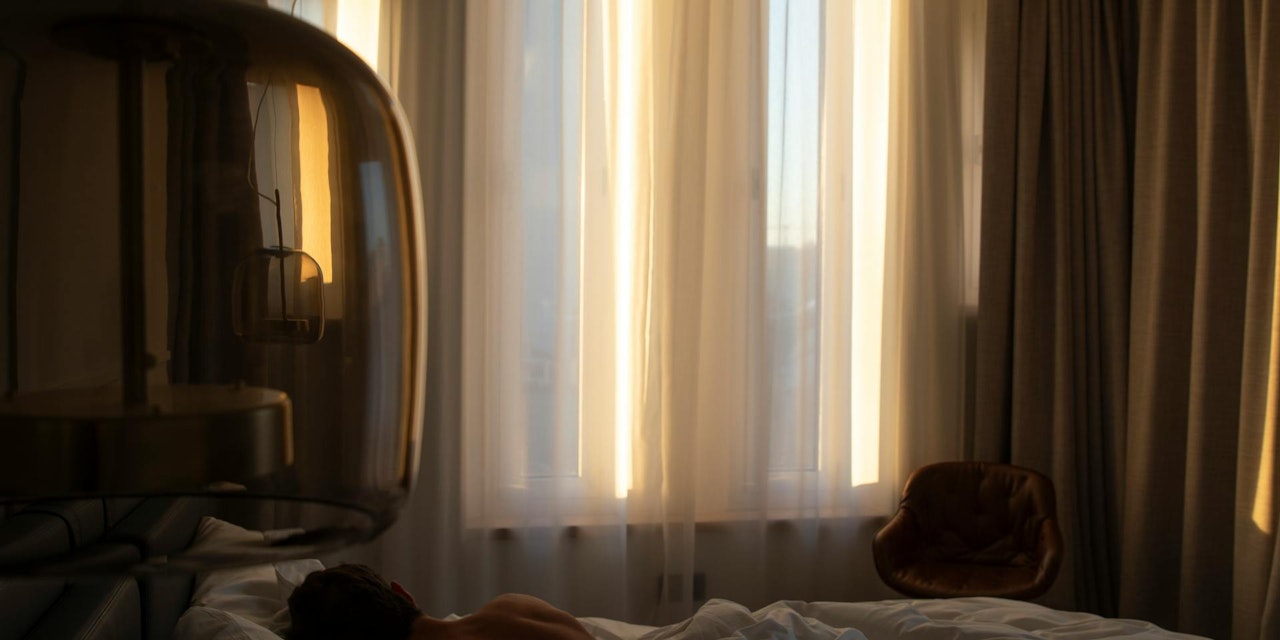
Discover practical tips to maintain good sleep hygiene during longer daylight hours and warmer nights. Learn effective cooling bedtime routines and other strategies to ensure restful sleep throughout the summer.
As summer is here, many of us enjoy longer days and warmer nights. However, these changes can disrupt our sleep patterns, making it challenging to get the restful sleep we need. Maintaining good sleep hygiene is essential for overall health and well-being. Let's explore effective strategies to ensure quality sleep during the summer months, including cooling bedtime routines and other helpful tips.
The Impact of Longer Days and Warmer Nights
Longer daylight hours can affect our natural sleep-wake cycle, also known as the circadian rhythm. The extended exposure to daylight can delay the production of melatonin, the hormone responsible for regulating sleep. Additionally, warmer nights can make it difficult to achieve the optimal sleep temperature, leading to discomfort and restless sleep.
Establish a Consistent Sleep Schedule
Consistency is key when it comes to maintaining good sleep hygiene (1). Try to go to bed and wake up at the same time every day, even on weekends. This helps regulate your body's internal clock and improves the quality of your sleep. Aim for 7-9 hours of sleep per night to ensure you feel rested and rejuvenated. (2)
Create a Sleep-Conducive Environment
Transform your bedroom into a sleep sanctuary by making a few adjustments:
- Block Out Light: Use blackout curtains or shades to keep your room dark. Consider wearing an eye mask if necessary.
- Reduce Noise: Use earplugs or a white noise machine to drown out disruptive sounds.
- Choose Breathable Bedding: Opt for lightweight, breathable fabrics like cotton or linen for your sheets and pillowcases to help regulate body temperature.
Implement Cooling Bedtime Routines
Developing a cooling bedtime routine (3) can help prepare your body for sleep, even on the hottest nights:
- Cool Your Room: Use a fan or air conditioner to keep your bedroom cool. The ideal sleep temperature is around 60-67°F (15-19°C).
- Take a Lukewarm Shower: A lukewarm shower before bed can help lower your body temperature and promote relaxation.
- Hydrate Wisely: Drink a glass of cool water before bed to stay hydrated, but avoid large amounts to prevent waking up for bathroom trips.
Limit Exposure to Evening Light
Exposure to artificial light in the evening can interfere with melatonin production and make it harder to fall asleep. To counteract this:
- Dim the Lights: Use dim lighting in the evening to signal to your body that it's time to wind down.
- Limit Screen Time: Avoid electronic devices like smartphones, tablets, and computers at least an hour before bed. The blue light emitted by screens can disrupt your sleep cycle. Consider using blue light filters if you must use these devices.
Practice Relaxation Techniques
Incorporating relaxation techniques into your nightly routine can help calm your mind and body (4), making it easier to fall asleep:
- Meditation and Deep Breathing: Practice mindfulness meditation or deep breathing exercises to reduce stress and promote relaxation.
- Progressive Muscle Relaxation: Tense and then slowly relax each muscle group in your body to release tension and prepare for sleep.
- Reading: Choose a calming book to read before bed, preferably one that isn’t too stimulating or exciting.
Maintaining good sleep hygiene during the summer months can be challenging, but it's not impossible. By establishing a consistent sleep schedule, creating a sleep-conducive environment, implementing cooling bedtime routines, limiting exposure to evening light, and practicing relaxation techniques, you can improve your sleep quality despite longer daylight hours and warmer nights. Prioritize your sleep to ensure you stay healthy, refreshed, and ready to enjoy all that summer has to offer.
What are your favorite cooling techniques or bedtime routines that help you sleep better during the summer?
4 references (hide)
All of the content and media on Lifesum is created and published for information purposes only. It is not intended to be used as a substitute for medical advice or treatment. Users should always consult with a doctor or other health care professional for medical advice. If you have or think you are at risk of developing an eating disorder, do not use the Lifesum app and seek immediate medical help.